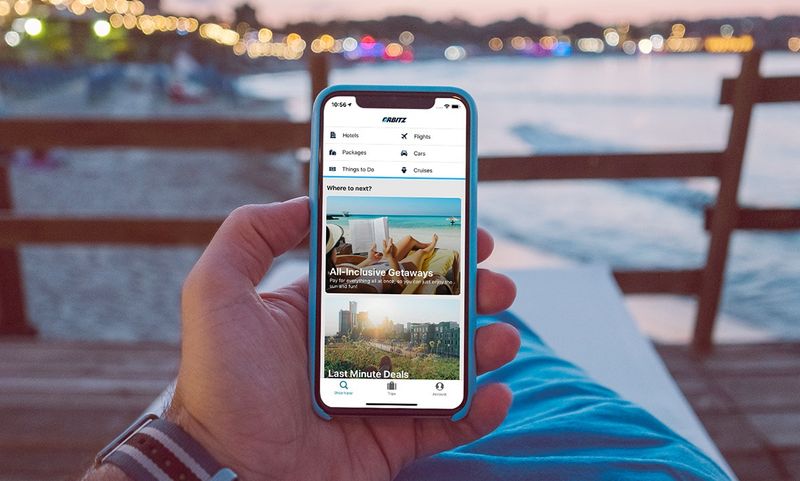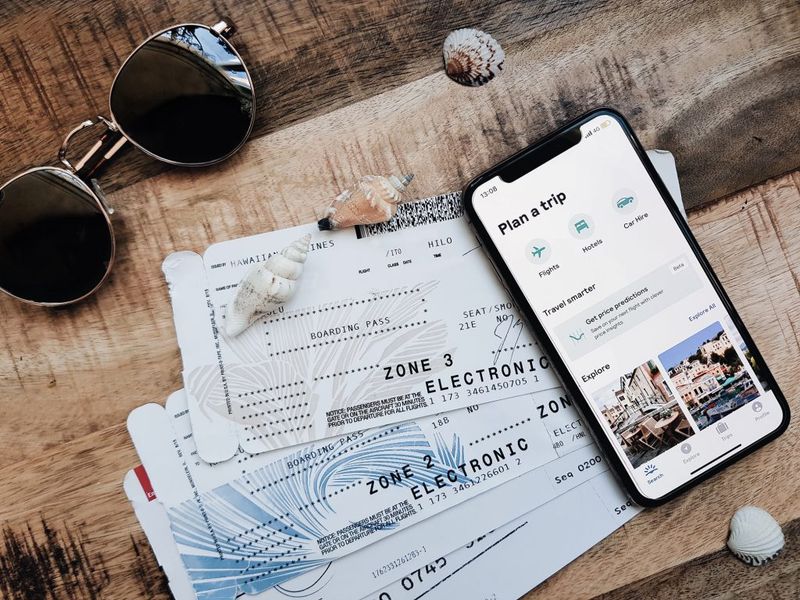11 Secrets To Finding The Best Travel Bargains

Travel doesn’t have to empty your wallet. With the right approach, it’s possible to save big on flights, hotels, and activities without sacrificing the experience.
A few smart strategies can turn what seems like an expensive trip into an affordable adventure, helping you avoid common traps that often push costs way up. It’s not about luck — it’s about knowing where to look and how to book.
1. Why Travel Deals Are Easier (And Harder) Than Ever To Find

The digital revolution has transformed how we hunt for bargains. Countless apps and websites now showcase deals that once remained hidden to all but industry insiders.
Travel deals have become more accessible, yet the sheer volume of options can overwhelm even seasoned travelers. Learning to navigate this landscape means developing skills to filter noise from genuine opportunities.
2. Timing Is Everything

Master the booking window sweet spot and watch prices tumble. For domestic flights, aim for 1-3 months ahead, while international journeys benefit from 2-8 months of planning.
The timing magic extends beyond advance booking. Flying mid-week (especially Tuesday/Wednesday) typically costs less, and traveling during shoulder seasons—those golden weeks just before or after peak periods—combines good weather with smaller crowds and gentler prices.
3. Using Fare Alerts And Deal-Tracking Tools

Automated assistants work tirelessly while you sleep. Setting up fare alerts through services like Google Flights, Skyscanner, or Hopper creates your personal army of digital deal hunters.
These tools monitor routes you’re interested in and ping you when prices drop significantly. The key lies in setting realistic parameters—too narrow and you’ll miss opportunities, too broad and you’ll drown in notifications.
4. Flexibility: The Key To Unlocking Big Savings

Rigid plans cost extra—it’s that simple. Opening your travel window by even a few days can slash hundreds from your total.
Consider nearby airports too. Flying into Oakland instead of San Francisco or Gatwick instead of Heathrow might mean extra ground transportation but often delivers substantial savings. The most flexible travelers even let deals determine their destinations, following bargains to unexpected adventures.
5. How To Spot Mistake Fares And Flash Sales

Fortune favors the quick when airlines accidentally post ridiculously low fares. These pricing glitches—often caused by currency conversion errors or system hiccups—can mean international flights for less than a nice dinner.
Follow deal sites like Secret Flying or Scott’s Cheap Flights for alerts. When you spot these unicorns, book immediately and ask questions later—most airlines honor mistake fares if you complete the purchase before they catch on.
6. Leveraging Credit Card Points And Loyalty Programs

Strategic plastic can be your passport to practically free travel. The right travel credit cards offer massive sign-up bonuses—often enough for round-trip flights after meeting initial spending requirements.
Look beyond the obvious airline cards too. Transferable point currencies like Chase Ultimate Rewards or American Express Membership Rewards provide valuable flexibility. Many savvy travelers maintain spreadsheets tracking bonus categories and redemption values to maximize every dollar spent.
7. Booking Flights And Hotels Separately Vs. Package Deals

Conventional wisdom suggests packages save money, but that’s not always true. Sometimes separating flight and hotel bookings unlocks hidden bargains, especially for travelers comfortable with mixing loyalty programs.
Packages shine for all-inclusive resorts and cruises where bulk buying power translates to savings. The smart approach? Check both options every time. The few extra minutes spent comparing could fund your next vacation souvenir splurge.
8. Alternative Destinations That Offer Better Value

Famous spots command premium prices simply because of name recognition. Savvy travelers look just beyond these tourist magnets to find nearly identical experiences at fraction of the cost.
Consider Koh Lanta instead of Phuket, Portugal instead of Spain, or Milwaukee instead of Chicago. These alternatives often preserve authentic local culture that overtourism has diminished in their famous neighbors, creating not just cheaper but arguably better travel experiences.
9. Being Strategic With Accommodation Choices

Hotels aren’t the only game in town anymore. Vacation rentals often deliver more space and amenities for less, especially for families or groups traveling together.
Location strategy matters too. Staying slightly outside tourist centers can cut costs dramatically while offering more authentic neighborhood experiences. Consider apartment-hotels for longer stays where kitchen access can slash food expenses, or boutique hostels that offer private rooms with social benefits.
10. How To Use Local Deals And Discounts At Your Destination

Smart travelers know the adventure begins after arrival. City tourism cards bundle attractions and transportation, often at substantial discounts over individual purchases.
Local apps reveal deals invisible to tourists relying solely on guidebooks. Groupon and similar services operate globally, offering discounted experiences and meals. Even simply asking locals where they eat guarantees better food at lower prices than following the tourist trail.
11. Avoiding Common Travel Deal Scams

Fraudsters prey on vacation dreams with too-good-to-be-true offers. Legitimate deals never require wire transfers or gift card payments – these are immediate red flags.
Verify companies through independent reviews and check that booking sites use secure connections (look for the padlock icon). Remember that reputable companies never cold-call offering vacation prizes. When browsing deals, trust your instincts – if something feels suspiciously cheap, it probably hides costly surprises.
